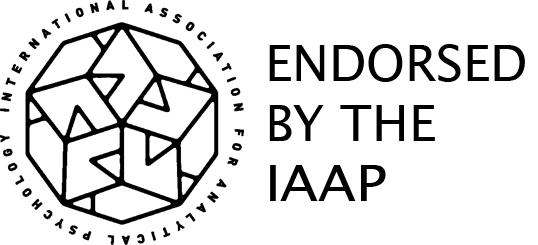Carl Jung | “Answer To Job” | #audiobook #psychology #god #religion #job #theology #Spirituality
July 11, 2024 at 09:42AM
Welcome to my channel!
Today, we’re diving into Carl Jung’s profound and controversial work, “Answer to Job”. This book stands as a cornerstone in Jungian literature, exploring the deep psychological and theological implications of the Biblical Book of Job.
00:00:00 Introduction
00:03:35 Chapter 1
00:16:25 Chapter 2
If you want to help me focus more on this channel and mission https://ift.tt/cFk6hMA
It is the book Jung wrote after writing “Aion” and was considered by him as its continuation and the consequence of what was discussed previously.
With the publication of Jung’s Liber Novus (The Red Book), this earlier work sheds light on Jung’s process of self-experimentation, where he engaged in what he called “active imagination.”
These experiments, detailed in the Black Books, allowed Jung to explore his fantasies and derive general psychological principles from them, which he then translated into a language that his contemporaries in the medical and scientific fields could understand.
Answer to Job was written in 1951 during a period of intense illness and high fever. Jung described the book as being written in one burst of energy and with strong emotion, a piece of work he later said he would never change (in contrast with his late insight that, if he had the time and energy, he would have revised all his works, except “Answer to Job”).
This book tackles the difficult questions Job posed to God, questions that Jung felt deserved answers. Jung critiques traditional Christian theology, suggesting that Job was right in his inquiries and that God’s responses were lacking.
Central to Jung’s argument is the figure of Abraxas, a complex deity that embodies both creation and destruction, good and evil. Jung believed that recognizing this duality within the divine is crucial for achieving psychological wholeness. This idea aligns with his broader work on the individuation process, where integrating one’s shadow, or darker aspects, is essential for personal development.
Jung’s Answer to Job is not just a theological critique; it’s a profound psychological exploration. He connects this work to his earlier book, Aion, where he discusses the symbolic interplay between Christ and Antichrist. Jung criticizes the traditional Christian notion of privatio boni (the privation of good), arguing that both good and evil are necessary components of the divine and the human psyche.
Jung’s writing is raw and emotive, providing a voice for those grappling with similar spiritual and psychological dilemmas.
Whether you’re a student of psychology, theology, or simply curious about the depths of human experience, this exploration promises to be enlightening.
View on YouTube

